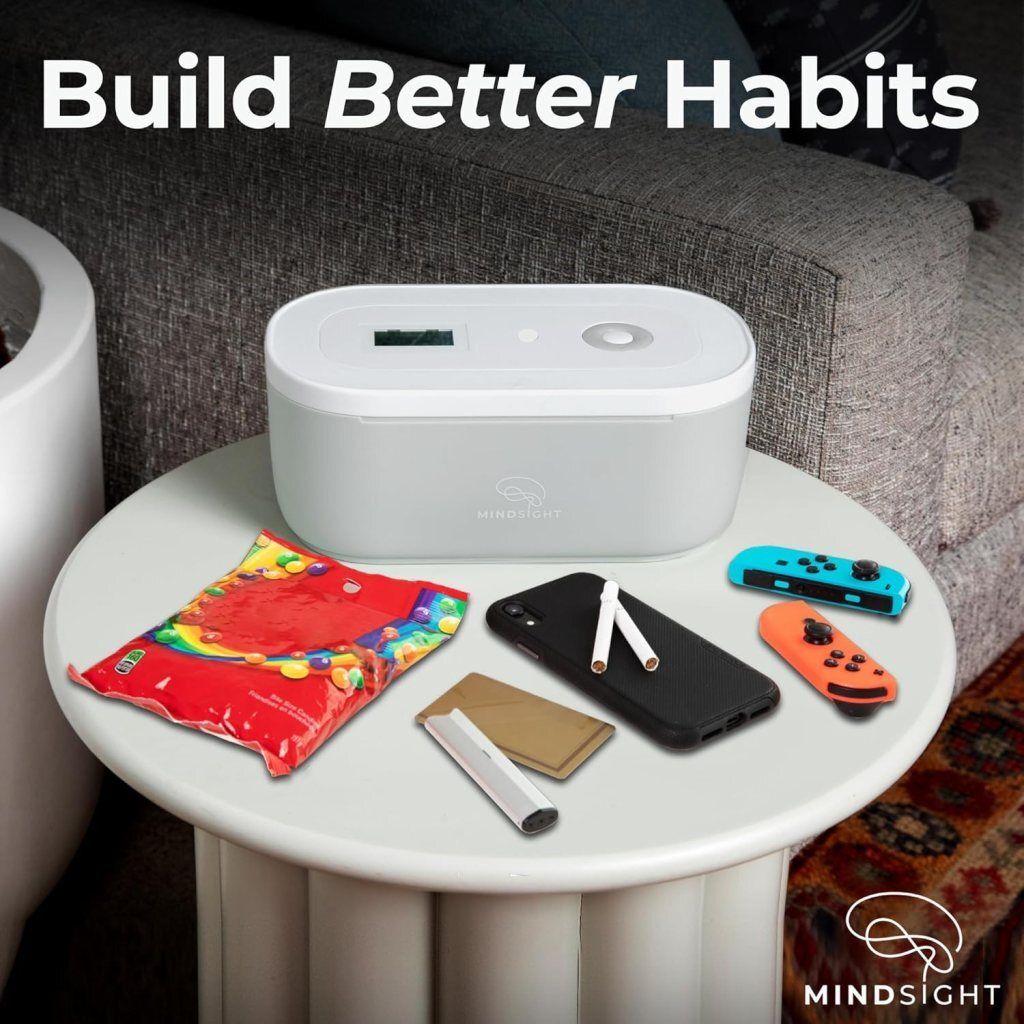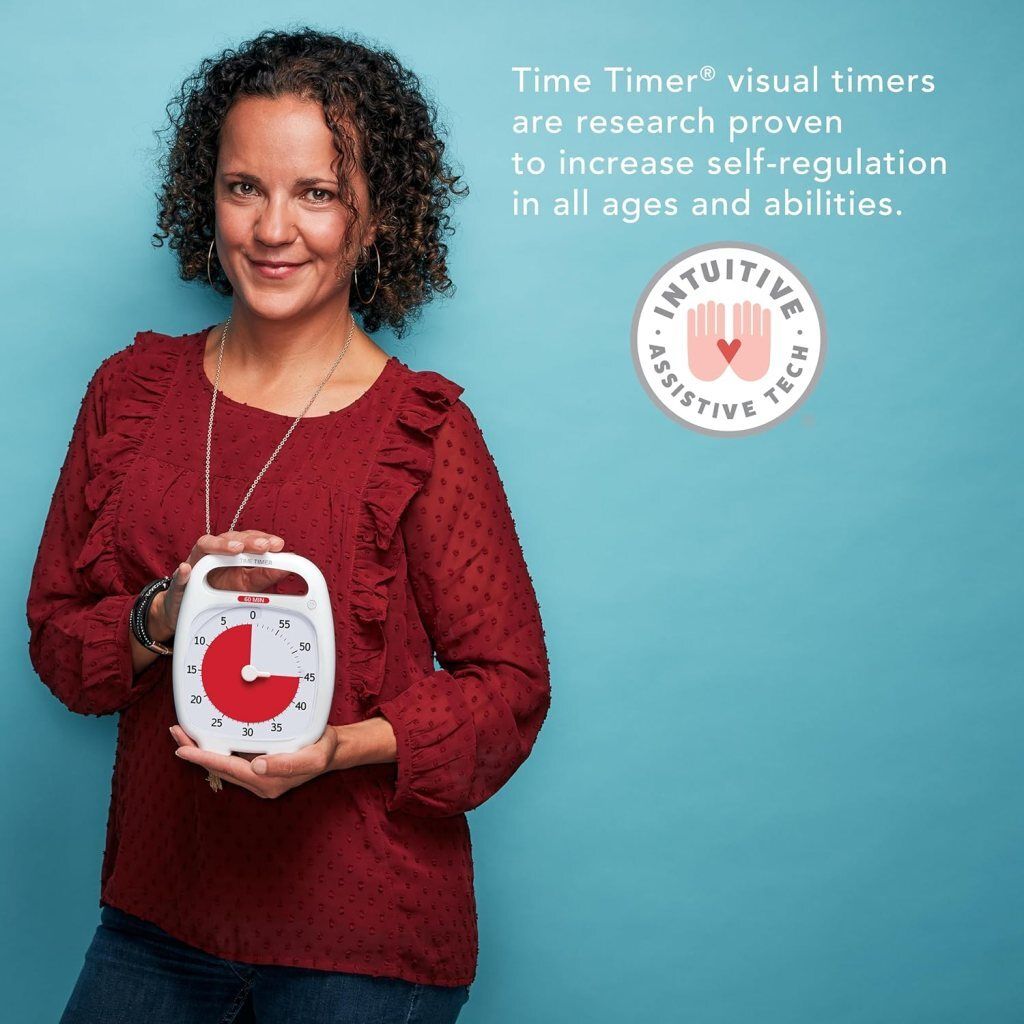- Ark's Newsletter
- Posts
- We Blame the Kids—But Parents Are the Real Phone Zombies
We Blame the Kids—But Parents Are the Real Phone Zombies
It’s not just teenagers glued to screens. A growing body of research reveals that many parents are even more addicted—and their kids are watching.

In an era where smartphones are an extension of ourselves, the concept of digital wellness has emerged as a critical pillar of health, alongside sleep, nutrition, and exercise. Dr. Gene Le, a behavioral scientist specializing in the relationship between technology and well-being, is leading an exploration into how our digital habits shape our lives. Through a series of experiments with three families, Dr. Le’s project, Bite the Habit, aims to uncover the impact of constant connectivity and foster healthier relationships with our devices. This article delves into their journey, highlighting the challenges, insights, and strategies for achieving digital balance.

The Smartphone Trap: A Family Perspective
For many, the smartphone is both a lifeline and a leash. Parents in the study expressed a mix of reliance and frustration with their devices. One mother admitted, “I use my phone very often. I rarely have it away from my hands,” while a father, a financial adviser, noted the necessity of his phone for client-facing work but worried about its influence on his children. Another parent, a content creator, spends hours on her phone for “subconscious research” on social media trends, blurring the line between work and leisure.
Children, too, are acutely aware of their parents’ habits. In a revealing Family Tech Trivia game designed by Dr. Le, kids pointed fingers at their parents for excessive phone use, particularly during meals, bedtime, and even in the bathroom. One child quipped, “Mama was on the phone for two hours today,” while another estimated their mother’s daily usage as “three-quarters of a day.” These observations underscore a key issue: parents’ phone habits are not only personal but also set a precedent for their children.
The trivia game provided a snapshot of each family’s digital landscape. Questions like “Who uses the phone in the toilet the most?” elicited laughter but also uncomfortable truths. One father confessed to “doom scrolling” on TikTok during bathroom breaks, admitting, “Sometimes even when you’re done, you don’t immediately get up.” These candid moments highlight how habitual phone use can infiltrate even the most private spaces.

The Fourth Pillar of Health
Dr. Le emphasizes that digital wellness is about striking a balance where we control our devices, not the other way around. “We all know what we should be doing to live healthier lives,” she says, referencing the traditional pillars of health—sleep, nutrition, and exercise. “But as we live in an increasingly technological world, we have to think about digital wellness as the fourth pillar.” This means setting boundaries to prevent devices from dominating our time and attention.
The families’ stories reflect common struggles. One parent admitted to checking their phone multiple times within minutes, driven by the urge to respond to notifications. Another recalled how phones became integral to their life during the dating phase, a far cry from their indispensable role today. These anecdotes reveal a love-hate relationship with technology—essential for work and communication, yet a source of distraction and guilt.
Observing Through Young Eyes
Children in the study were particularly perceptive, offering a reality check for their parents. During the trivia game, they called out behaviors like using phones while eating or before bed. One child noted, “Every time she puts you to sleep, she’s always on her phone,” pointing to a mother’s bedtime scrolling habit. Another child suggested that parents should stop watching “grown-up shows” during meals, highlighting how parental phone use can disrupt family moments.
Dr. Le notes that “parenting is a lot of social learning,” and children are always watching. This underscores the need for parents to model healthy digital habits. The families use a reward system to manage screen time, where children earn points through chores to redeem for game or TV time. This approach aims to teach boundaries without demonizing technology, ensuring devices fit into the family’s lifestyle rather than dictate it.

The Digital Detox Challenge
To push the families toward better digital habits, Dr. Le introduced a digital detox challenge, asking one family member—often the heaviest phone user—to put their device away temporarily. The idea of a detox sparked mixed reactions, with one father groaning, “Oh, man,” when nominated. Yet, Dr. Le sees it as a “reset button,” an opportunity to break the cycle of compulsive phone use and rediscover non-digital activities.
The detox is part of a broader series of experiments over the coming months, designed to help families unpack their digital habits and establish healthier boundaries. Dr. Le’s approach is not about eliminating technology but about using it intentionally. As one parent reflected, “It’s a blessing and a curse. Your whole life is tied up with the device—work, communication, and relaxation. I can’t live without it, but I hate that I can’t live without it.”
Moving Forward: Controlling Technology
The journey toward digital wellness is not about rejecting technology but adapting to it thoughtfully. Dr. Le reminds us that humans have always been resilient in the face of new technology, from the printing press to the internet. The key is ensuring we remain in control. As government guidelines on screen time often focus on restrictions, Dr. Le’s experiments aim to answer, “What should we do instead?” By fostering open conversations and practical strategies, she hopes to guide families toward a balanced digital life.
For these three families, the path to digital wellness is just beginning. Through games, challenges, and reflections, they are learning to navigate the complexities of a tech-driven world. As one child put it, the goal is not to ban phones but to “know and remember their priorities.” In doing so, they aim to make technology a tool for connection and productivity, not a barrier to meaningful family moments.
